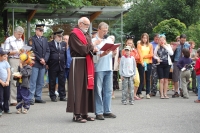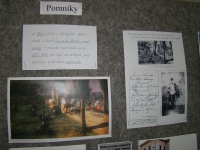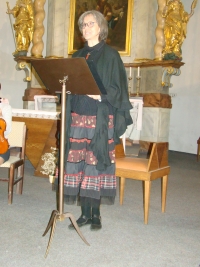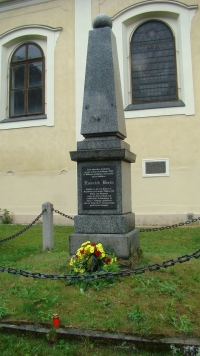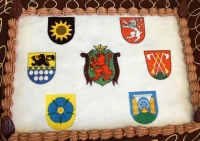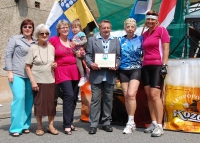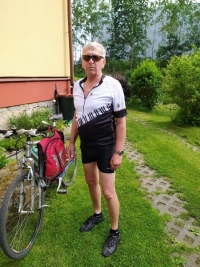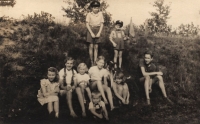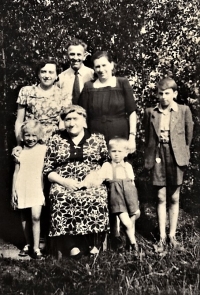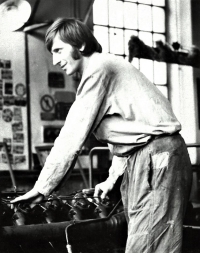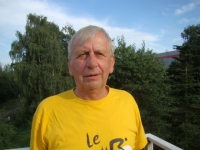His father was afraid that Germans would return. His son opened a church for them after 1989

Stáhnout obrázek
Ivan Zajíc was born on 4 April 1951 in Liberec. His parents came to populate North Bohemian borderlands. They came to Stráž nad Nisou in the area of Liberec, the then Habendorf, from where former German citizens had been evicted in 1945. His father Ladislav Zajíc got a suspended sentence in the 1950s because of an unflattering comment on communists. His mother Ivana Zajícová, née Müllerová had problems with the regime because of her Catholic beliefs. Ivan Zajíc graduated from Railway Secondary Vocational School in Chomutov, and he worked as a locomotive repairer at Liberec railway depot until his retirement. In 1990, he contributed to the secession of Stráž nad Nisou from Liberec, as a local authority member he was in charge of education, and he took part in the organisation of cultural events for sixteen years. He focuses on the history of Stráž nad Nisou and he writes about it in regional newspapers and also in Strážský občasník (Strážský Occasional Papers) which he founded in 1994. He contributed to the restoration of a monument to the first dead soldier in the Austro-Prussian war in 1866 which stands by the church in Stráž. He popularised the translated journal of Alfred Scheffel, the German soldier who shot himself to death near Ukrainian Kharkiv in 1941. The journal was discovered during a reconstruction of the floor in an older house in Svárov in the area of Liberec. Although retired, Ivan Zajíc is still active in recreational sports and is preparing to write his mother‘s life story.
